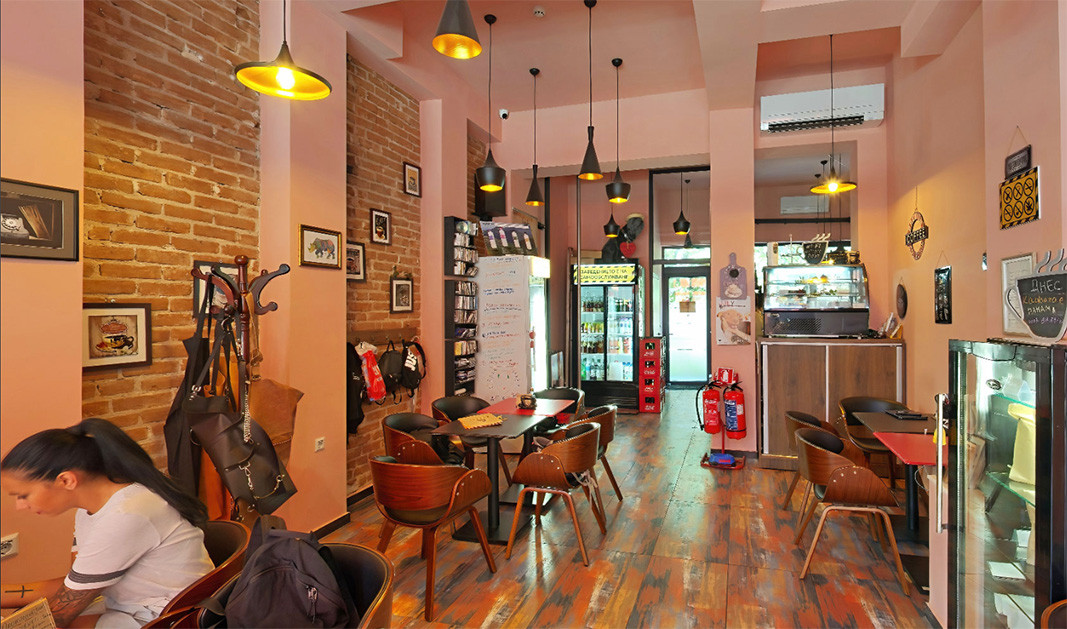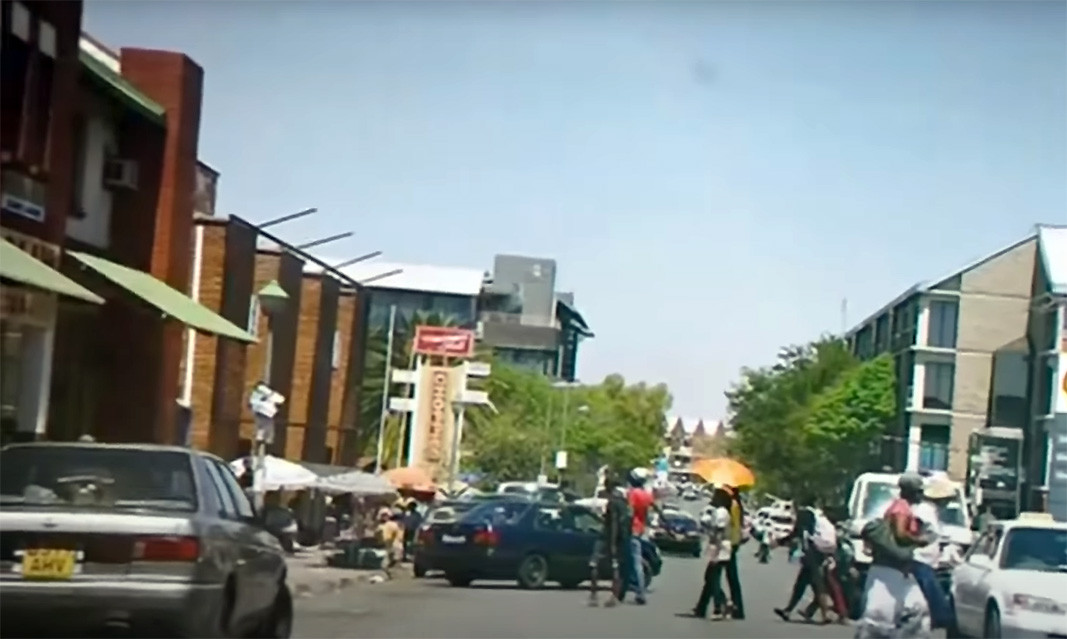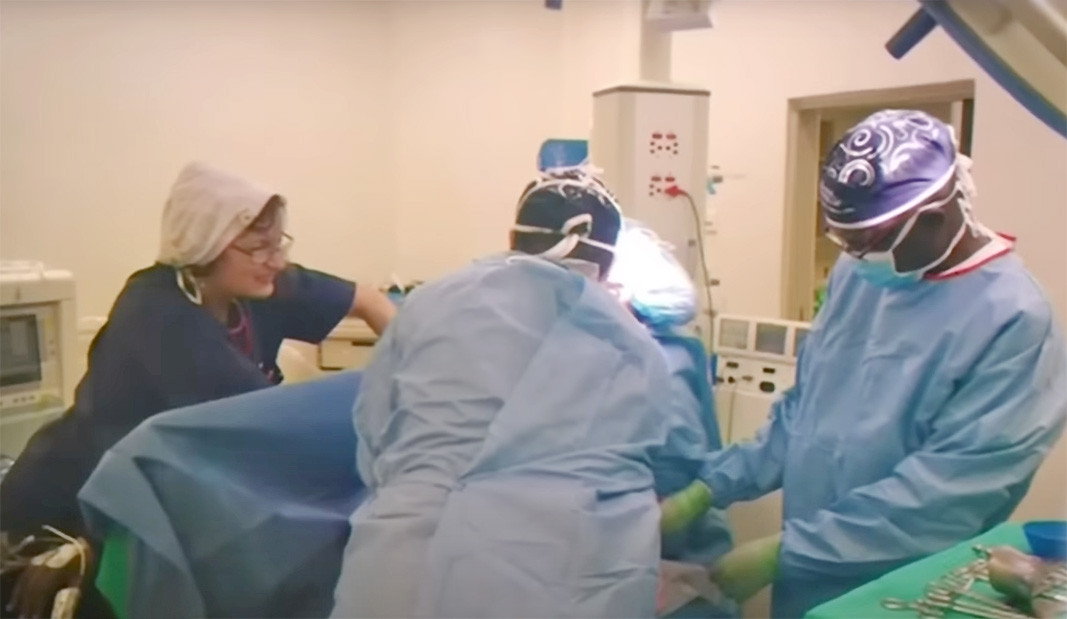



Iconographer and educator - these two words naturally come to mind when we seek to bring back from the depths of history an artist who began his artistic journey in the first years after Bulgaria's liberation from Ottoman rule in 1878. Milyo Marinov..
We are used to "news stories" on our social profiles about the seven huge oil portraits of Bulgarian opera singers at La Scala or about the first Bulgarian concertmaster at the Vienna Philharmonic's New Year's concert. But sometimes we leave important..
"Before I invented the "Trapeze of Death", I was known as Lazar Dobrich, that's the name they used on posters and programmes. The Señor of World Circus Art will always be remembered for the most risky act in the ring - the Trapeze of Death, with a..

+359 2 9336 661
